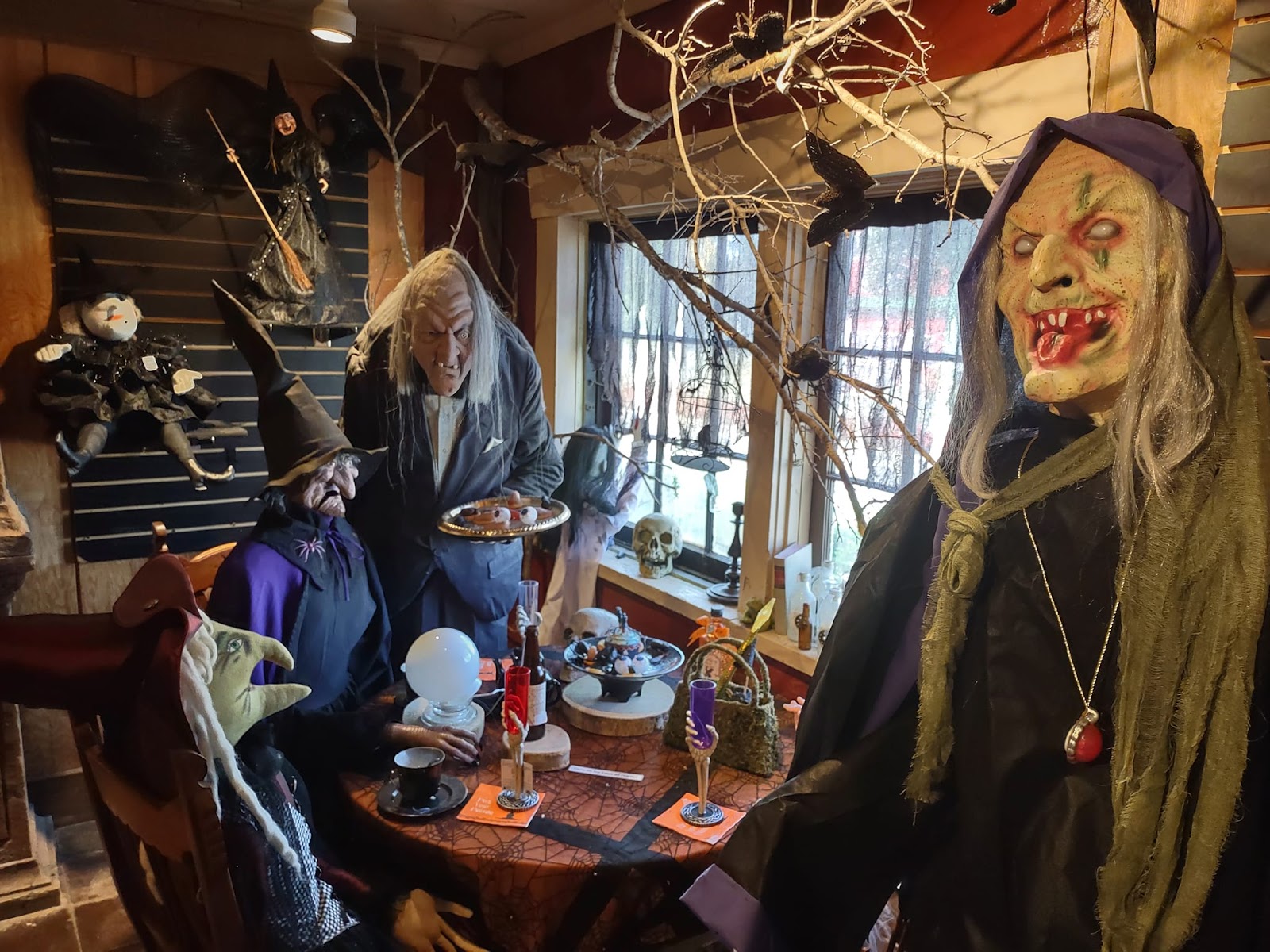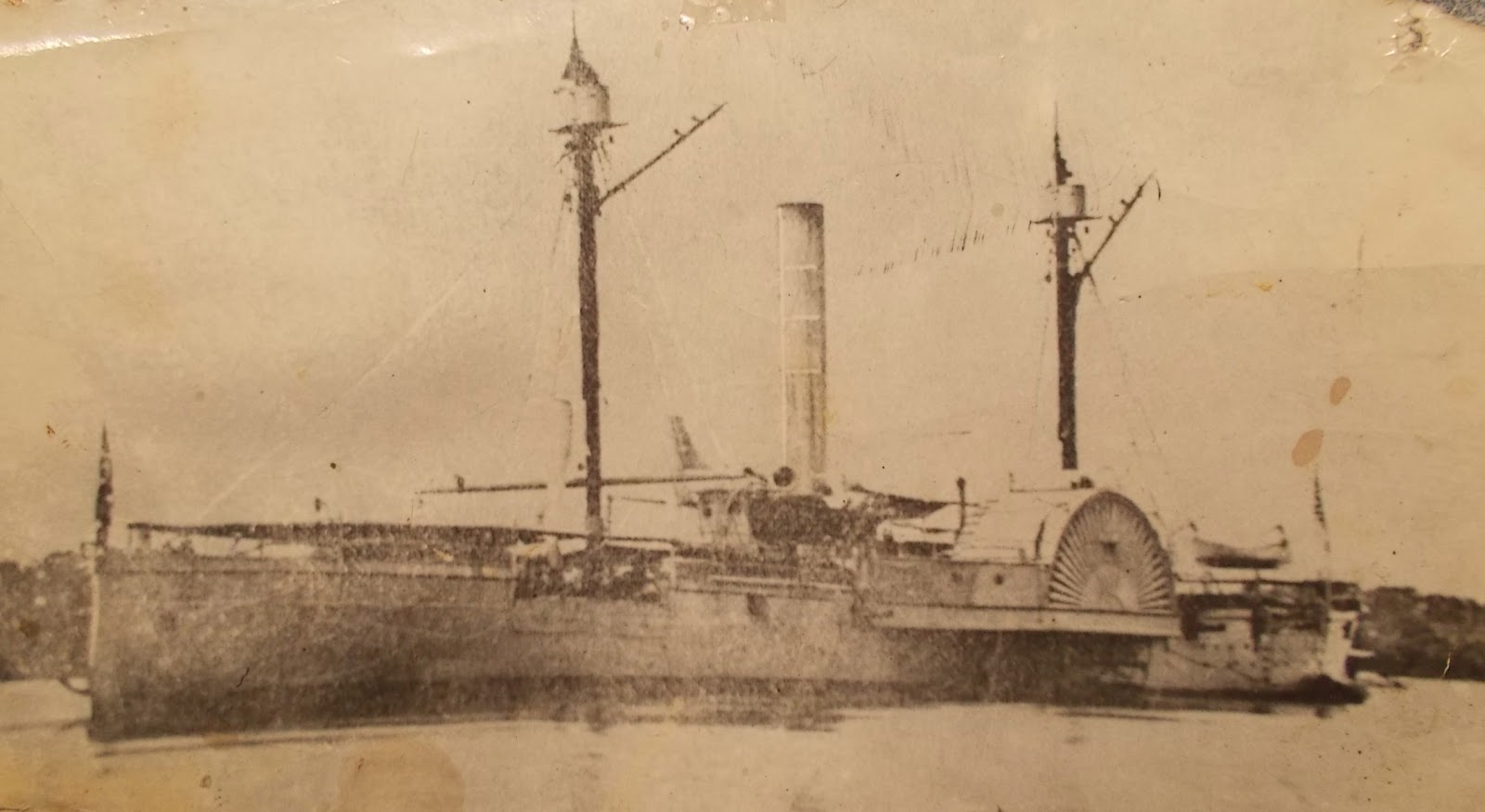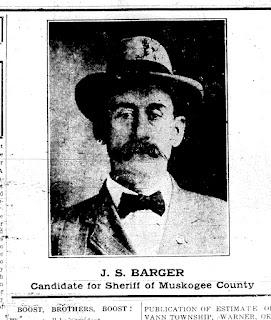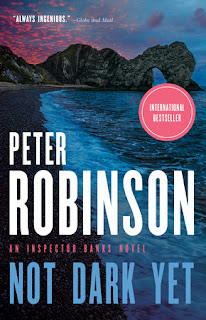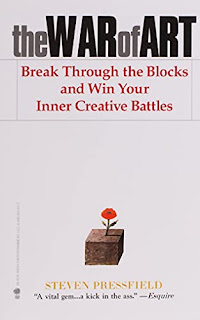I'm getting a late start this morning because I had to take my dog into the vet for his physical. Alas, he weighs more now than he did our last visit. We've been taking short walks during the week and long walks on Saturday and Sunday, and he goes to daycare. But even though everyone he greets with delight finds him "adorable," he is a chubby Cavie right now. His vet just put him on prescription dog food to give his metabolism a reset -- even the few training treats he will be allowed need to be subtracted. This is goiing to be a test of discipline on my part and stubborness on his. Fergus is as stubborn as he is adorable. Right now, he demands a treat to get in and out of the car, not chase the cat, not sit down and refuse to move in the middle of a walk. . . you get the idea. Even when a treat is only one and a half calories, they can mount up doing the day. But I am determined to get hm back to his "small dog" size.
Anyway, that's why I'm running late today. I need to get back to the gangster movies manuscript I'm working on because my editor is waiting. But I'd like to mention something that I'm thinking about. Next weekend I'll be on a panel at the New England Crime Bake. My panel is "Fiction vs Reality: Taking Real Crime and Making It Work as Fiction." I had an interesting experience with that a few days ago.
I've been doing a deep dive into sources to make sure I've found the links between movie gangsters in my nine classic films and The Sopranos and the real life crime families and mobsters that have inspired the fiction. A few days ago -- as I was reading a story about a mob soldier with a nasty temper -- I had a burst of inspiration. I've been concerned about my male protagonist's motivation in my historical thriller. He has a reason for being curious at the beginning of the book. But when a death occurs and he narrowly escapes being arrested as a suspect, he has more reason to back off. As I was reading about that real-life gangster, it suddenly occurred to me -- I need a mob guy to make my protagonist "an offer he can't refuse". The mobster has a girl friend who was related to the victim and he has promised to find out what happened. Now, he is passing that responsibility on to my protagonist because he was the one who got the victim involved. Having my mobster walk in and make his threat will carry me through the dreaded middle section of the book and give me the twist I need towards the end.
I think it's going to work. If it does, I'll have a recent example of using real crime as inspiration for my panel. I'll also have a boost as I try to sprint through NaNoWriMo this month.
Anyone else have a recent experience with drawing inspiration from real life?





